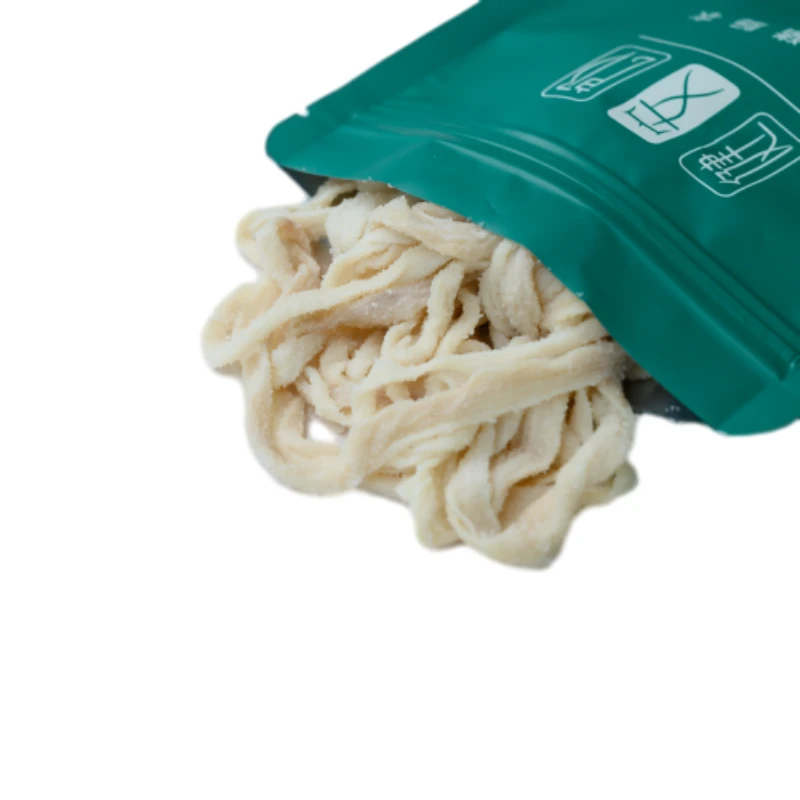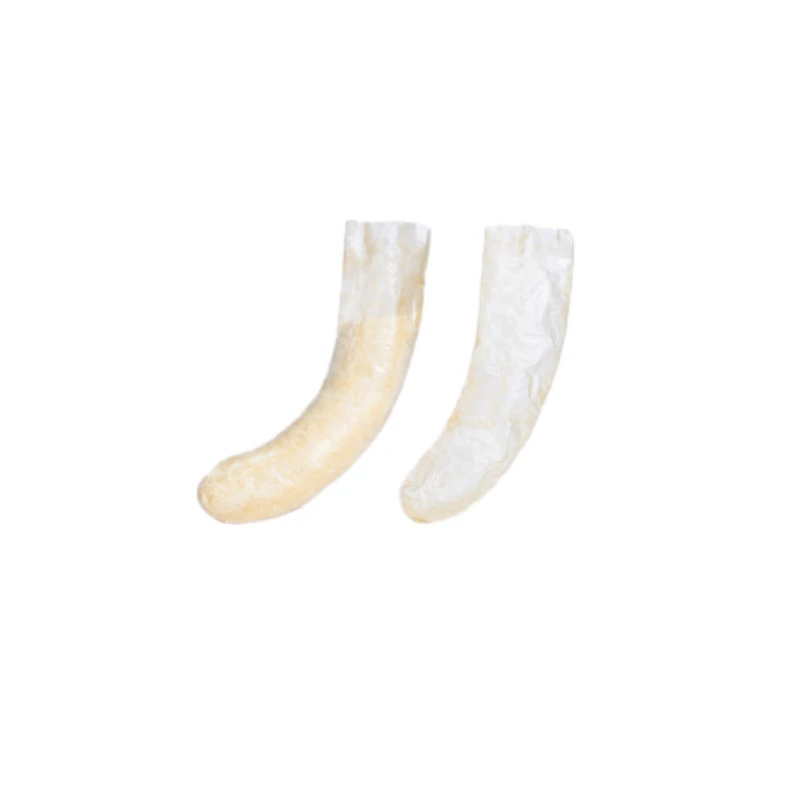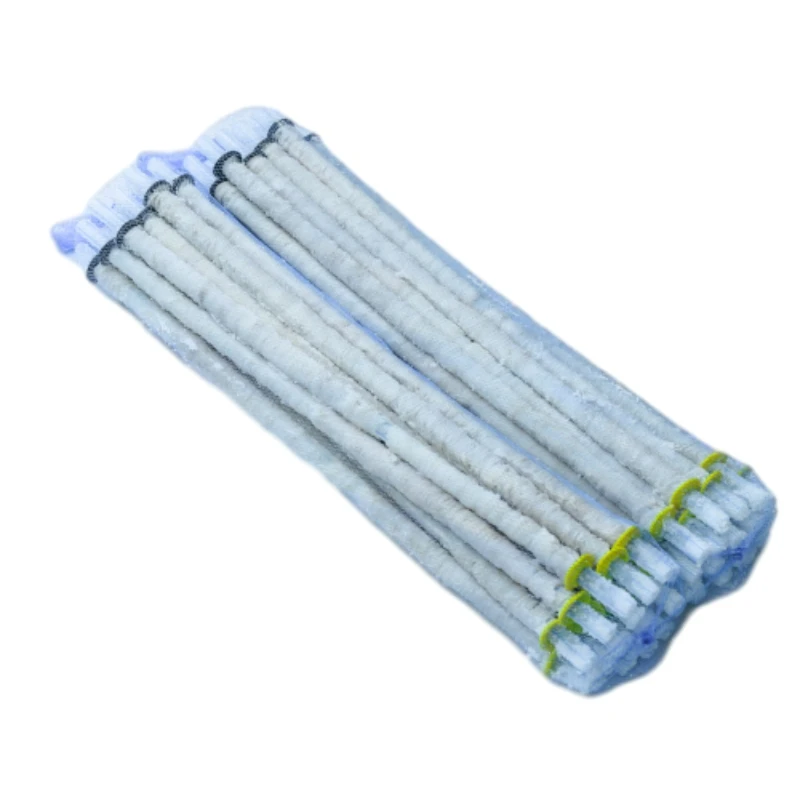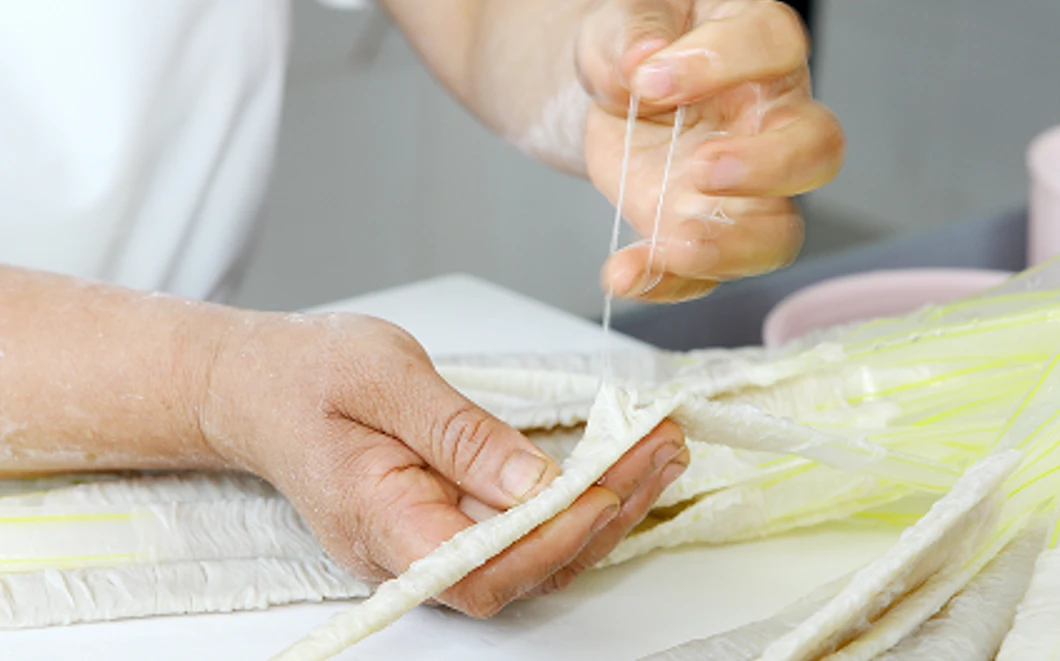May . 07, 2025 14:51
Why Sheep Casings Remain a Premium Choice in Sausage Making
In an era of food industrialization where synthetic and collagen-based alternatives dominate many sectors of meat processing, sheep casings continue to hold their place as the gold standard for premium sausage production. These delicate natural casings, derived from the intestines of sheep, offer a combination of culinary and technical qualities that modern alternatives cannot replicate.
Their enduring popularity among master butchers, charcuterie specialists, and gourmet sausage manufacturers speaks to their irreplaceable role in creating exceptional sausage products. The reasons behind their premium status encompass tradition, texture, performance, and an almost alchemical interaction between the casing and the meat it contains.
Culinary Advantages in Traditional and Modern Applications
Historically, sheep casings have been the preferred choice for many European sausage traditions, particularly in Mediterranean and Middle Eastern cuisines. Their use in products like Greek loukaniko, North African merguez, and British bangers demonstrates their versatility across different seasoning profiles and preparation methods. The casing's thin walls allow for rapid smoke penetration and even cooking, crucial for sausages that are quickly grilled or pan-fried. Unlike thicker casings that might require longer cooking times, sheep casings permit the meat to cook through while maintaining juiciness, preventing the dried-out texture that plagues inferior sausage products.
Modern gourmet sausage makers prize sheep casings for their neutral flavor profile. While they contribute to mouthfeel, they don't impart any competing tastes that could interfere with delicate seasoning blends. This blank canvas quality makes them ideal for showcasing premium ingredients, whether it's heritage breed pork, exotic spices, or subtle herb infusions. The casing essentially disappears as a separate element, instead becoming an integral part of the sausage's overall sensory experience rather than a noticeable barrier.
Technical Superiority in Commercial Production
Beyond their culinary merits, sheep casings offer practical advantages in both artisanal and commercial settings. Their natural curvature and slight irregularities provide better grip on automated stuffing horns compared to perfectly uniform synthetic casings, reducing slippage and production line slowdowns. The casing's elasticity allows for consistent filling without the risk of blowouts that can occur with more rigid alternatives, even when using finely emulsified forcemeats that would challenge other casing types.
The salt-cured preservation method used for quality sheep casings creates another manufacturing advantage. Properly processed casings rehydrate evenly and quickly, saving valuable production time compared to some alternatives that require lengthy soaking or special preparation. This reliability translates to consistent performance batch after batch, a crucial factor for commercial operations where predictability affects both quality control and production scheduling. The natural variation between individual casings, rather than being a drawback, actually helps prevent the "cookie-cutter" uniformity that makes mass-produced sausages seem artificial to consumers seeking authentic charcuterie.
The Challenge of Quality Maintenance
Maintaining the premium quality of sheep casings requires expertise at every stage of processing. Unlike more forgiving alternatives, sheep casings demand careful handling from the moment of harvest through final packaging. The thin walls can be easily damaged by improper scraping techniques during cleaning, requiring skilled workers who understand exactly how much mucosal layer to remove. Temperature control during salt curing must be precise—too warm and the casings lose elasticity; too cold and they become brittle.
This sensitivity continues through the distribution chain. Premium sheep casings need maintained cold storage from processor to end user, with careful monitoring of salt levels to prevent either drying out or excessive moisture that could promote bacterial growth. These stringent requirements explain why truly excellent sheep casings command higher prices than mass-market alternatives—every step in their production and distribution carries additional costs for specialized knowledge and controlled conditions.
Cultural and Artisanal Significance
The continued use of sheep casings represents more than just technical preference—it maintains a living connection to centuries of butchery tradition. Many Protected Designation of Origin (PDO) sausage recipes specifically require natural sheep casings as part of their authentic preparation methods. This tradition persists not out of nostalgia, but because generations of sausage makers have found these casings consistently deliver superior results for certain applications.
Artisan producers particularly value how sheep casings respond to traditional smoking methods. The thin walls allow for faster smoke penetration while still providing enough structure to support longer smoking processes when needed. This responsiveness enables subtle variations in smoking technique that simply don't translate to synthetic alternatives, giving skilled producers another tool for creating distinctive flavor profiles.
For the discerning sausage maker, the choice to use sheep casings makes a statement about priorities—that texture matters as much as taste, that tradition informs innovation, and that some time-tested methods remain unbeatable despite technological advances. In an age of food industrialization, these delicate natural casings stand as a testament to the enduring value of craftsmanship in charcuterie.






